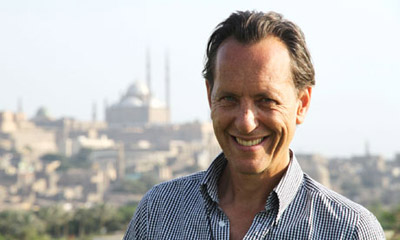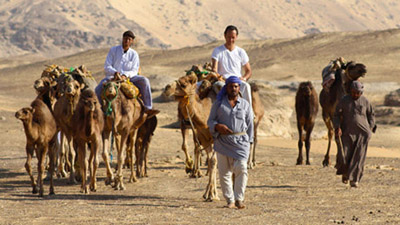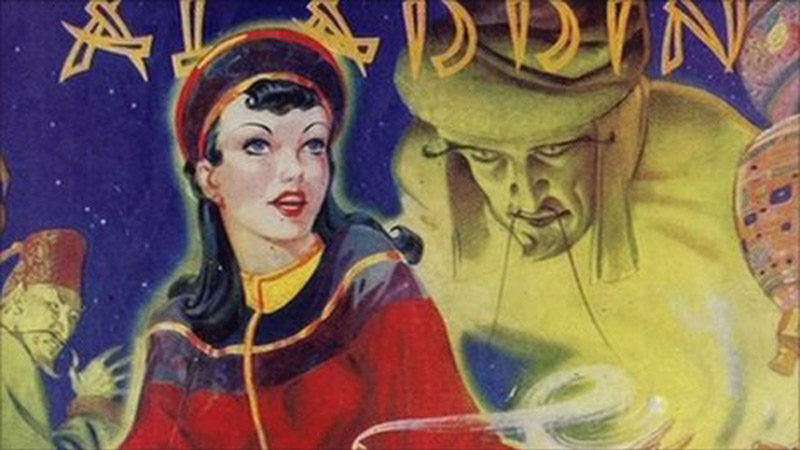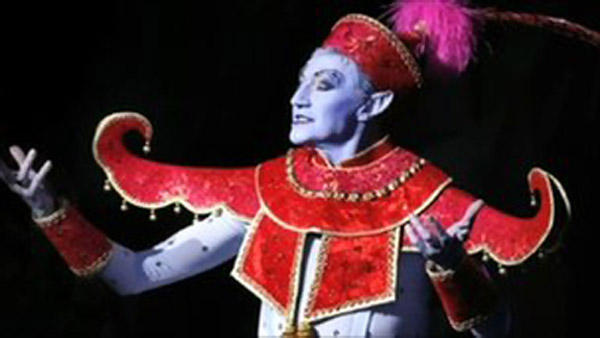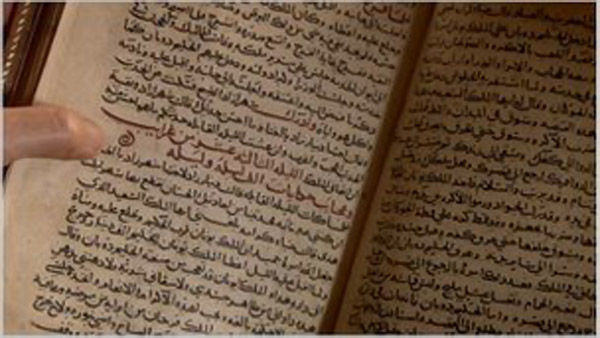Iron Lady? Not Quite. Mrs Thatcher Sang Abba’s Greatest Hits To Me, Says Richard E. Grant
The Daily Mail – 29th April, 2011
By Frances Hardy
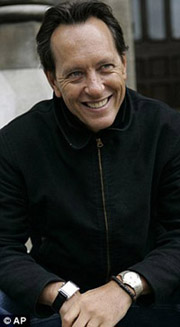
Drama: In Hollywood and established himself as a powerful character actor. His range encompasses a diverse array from The Player and LA Story to Gosford Park and Bright Young Things. |
Oscar-winning actress Meryl Streep, attired with uncanny accuracy as Margaret Thatcher, is shooting a scene from the forthcoming film Iron Lady.
Striding down a parliamentary corridor in power suit and pearls, her blonde wig coiffed to replicate the distinctive Prime Ministerial hair-do; her voice crisp with authority, Streep, it seems, has perfectly caught the power and allure of our first female PM.
But then the cameras stop rolling and an unexpected transformation takes place. She shrugs off the mask of political gravitas, kicks the air with her court-shoed heels and bursts into a chorus of Abba songs.
Richard E. Grant, who plays Mrs Thatcher’s political nemesis Michael Heseltine in the film, watched with amusement and delight as Streep — who won plaudits as Abba-loving Donna in the blockbuster movie Mamma Mia! — performed an impromptu medley of songs from the film.
“We were doing a scene in which Mrs Thatcher walks down a corridor with a group of ministers. Between shots, Meryl, still suited and bewigged as Mrs T, sang the Abba hits. It was so incongruous and hilarious and it sums up her humour and sense of mischief. It’s naff to say it, but Meryl makes you feel better about yourself,” says Grant.
“As an actress, she’s the best of the best. But she’s also unbelievably down-to-earth. She knew everyone on the set by name. She’s appreciative of what other actors do. She has no entourage. It’s like working with a British theatre actress: very unexpected and disarming in someone who has 16 Oscar nominations and two Academy Awards in the bag.”
“The legend precedes her but she undercuts it all the time. It’s endearing. Having seen every film she’s been in, I expected her to be much more serious. Steve Martin [who starred with Streep in It’s Complicated!] told me she was an irrepressible giggler – and it’s true: she is a constantly erupting volcano of laughter. She has this incredible sense of humour – which came out when she burst into that Abba chorus.”
Grant, too, is not quite as I’d expected. Anyone recalling his breakthrough in the cult film Withnail And I – which propelled him to fame 24 years ago – associates him with the unhinged, irascible drunk of the title.
Then he went to Hollywood and established himself as a powerful character actor. His range encompasses a diverse array from The Player and LA Story to Gosford Park and Bright Young Things. He is now both screenwriter and director, living in Richmond, Surrey, with his wife of 25 years, voice coach Joan Washington.
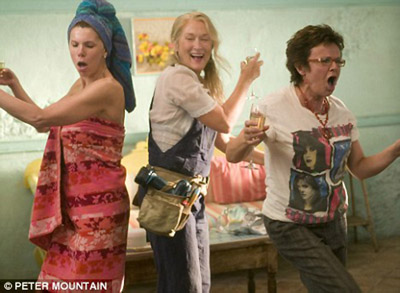
On song: On the set of Iron Lady, Streep (pictured centre) – who won plaudits as Abba-loving Donna in the blockbuster movie Mamma Mia! – performed an impromptu medley of songs from the film
Last winter, I interviewed him on set in an icy school hall playing a sinister headmaster in the forthcoming Horrid Henry: The Movie. After we’d exchanged a few terse words, I had him down as aloof. But later, off set, he was engaging, funny and disarmingly frank.
A fortnight after he finished filming Iron Lady we meet again. His dark hair still bears traces of the Heseltine-esque blond mane. Mercifully, though, he has discarded the stuck-on eyebrows. And now he is assuming a new role. Midway between an English master and a benign Simon Cowell, he is to mentor a gifted new screenwriter.
In the run-up to the 2012 London Olympic Games, Grant is teaming up with British Airways – the Games’ official airline partner – in a competition to find a bright, emerging writing talent. The winning script will be made into a short film to be shown on flights and screened at the opening ceremony.
“Hopefully, it will flush out something exciting and original,” he says. “The film will have a global platform which will be unprecedented for a newcomer, so I can’t think of a better way to help someone with their first try.”
Grant, who turns 54 next week, is lean, long-legged and still a keen athlete. The prospect of next year’s Olympic hoopla clearly excites him hugely. “I was in Sydney for the 2000 Games and the ebullience and positive feeling was extraordinary. I’m really hoping it will provide the kick up the pants London needs.”
I wonder how assiduously he researched Lord Heseltine after landing the role. Did he meet the man? “No, but I read his autobiography. And I spoke to Sir Richard Needham, who worked with him as his deputy. I watched him on YouTube, too.”
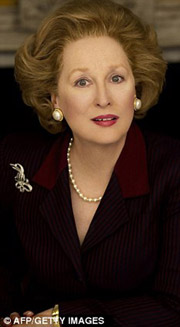
Striking: There has been criticism of the casting of Streep, an American, as Mrs T when we have home-grown acting Dames who would have tackled the part with equal authority |
“I’d heard Bill Nighy had been up for the Hezza role but was rejected because he was too old. Or perhaps he didn’t have enough hair?” hazards Grant. “In any event, I’m grateful.”
There has been criticism of the casting of Streep, an American, as Mrs T when we have home-grown acting Dames – Helen Mirren and Judi Dench spring to mind – who would doubtless have tackled the part with equal authority.
“I think Meryl was right for it,” says Grant firmly. “She sounds completely like Mrs Thatcher. Her transformation is pretty astonishing; discombobulating, when you see it close up.”
There has been critical speculation that the film will take a Left-wing stance against Mrs T, and distort her achievements. But people working on it insist that the portrait is balanced.
“In fact, I was told, whether you agree with her or not, Mrs Thatcher evokes a great deal of sympathy and understanding for what she went through while she was fighting her battles. She comes across as very human.”
Grant, born in Southern Africa, came to London when the Iron Lady was at her peak. “It was 1982 and the ships were just sailing to the Falklands. I was 25 and I got a job as a waiter in Covent Garden. It was gruesome. People were rude and impatient. I’m grateful I only had to endure it for six months.”
He came to the UK in part to escape a troubled childhood. Although his family background was affluent – his father was a Minister for Education, his mother a ballet dancer – it was blighted by horrors.
Richard was ten when he woke from a doze in the back of the family car to find his mother having energetic sex on the front seat with one of his father’s best friends.
Later she abandoned Richard and his younger brother to her husband who, distraught at her betrayal, fell into violent alcoholism.
Once, when teenage Richard attempted to halt his father’s drinking by pouring his whisky down the sink, his dad pursued him round the garden, peppering the air with bullets before holding the gun to his son’s head.
Grant recorded the abuse in his diaries: turning them into his 2005 film, Wah-Wah, which he wrote and directed. Small wonder, I say, that he is famously teetotal and monogamous. But he denies the link.
“That should be the reason why I don’t drink,” he says. “But actually I can’t keep any alcohol down. I get violently ill. I don’t have the enzyme to process it. So I don’t know how drinking escaped me, but you don’t miss what you’ve never known.”
As for fidelity, it’s a given. “Of course I’m monogamous,” he says, seemingly surprised when I suggest the actorly world he inhabits offers temptations to stray.
“I’m always amazed by people who have open marriages. I’d be out there with a machete. And yes, I am influenced by the damage I saw wrought on my father by my mother’s infidelity.”
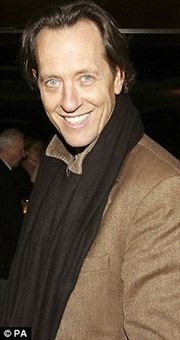

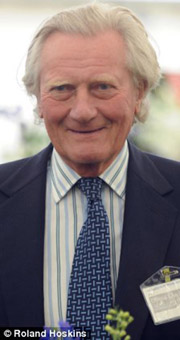
Spot the difference: Grant will play Michael Heseltine opposite Streep In Iron Lady. “I’d heard Bill Nighy had been up for the Hezza role but was rejected because he was too old. Or perhaps he didn’t have enough hair? In any event, I’m grateful”
A shared personal tragedy also strengthened his marriage. Although he and Joan have a daughter, Olivia, 22, together — she is studying creative writing at the University of California, Berkeley — they lost a premature newborn baby girl, Tiffany.
“My wife had three miscarriages and then Tiffany. She’d be 25 now and she only lived for half an hour. She was born at 28 weeks and today she might have survived. But then it wasn’t feasible.”
“I think like any grief you don’t get over it, you go round it. It is part of our history and certainly if I read of other people who have gone through similar experiences, it’s always upsetting. If we’d never had a child it would be more difficult but because we do have one, that ameliorates it.
But grief never goes away. “We still talk about Tiffany. We still honour the day she was born and died. When something like that happens, it binds you to the person you’ve shared it with.”
Grant is clearly a doting dad to his cherished daughter. I suspect he’ll be a conscientious and helpful mentor, too.
“I know from when I was young, having a teacher who believes in you stays with you for the rest of your life.” he says.
“My own mentor died three years ago. She was Bunny Barnes, my English and piano teacher. After I left school she encouraged me to write and act. Having someone outside the family who is nurturing and constructively critical is absolutely invaluable. So this opportunity to tutor a screenwriter whose talent has not yet been discovered, is something I really look forward to.”
 The REG Temple is the official website for actor, author and director Richard E. Grant.
The REG Temple is the official website for actor, author and director Richard E. Grant.

